Tag: Content Management
-
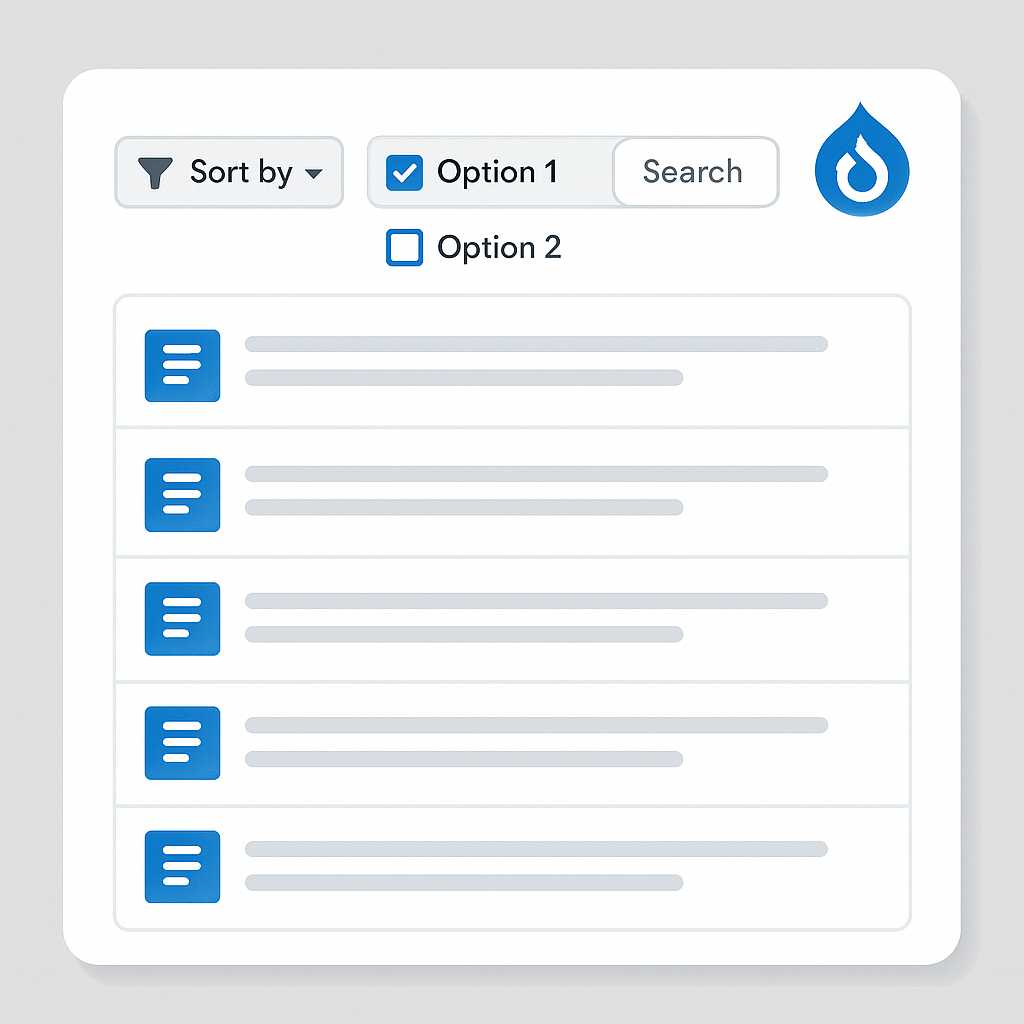
Harnessing Drupal’s Views Exposed Filters for Better User Experiences
As a Drupal web developer, I’m always looking for ways to empower site editors and end-users to get the most out of their sites. One underutilized but incredibly powerful tool in Drupal is Views Exposed Filters. They let visitors filter displayed content to quickly find exactly what they’re looking for. In this article, I’ll share…
-

Understanding Web Content Accessibility Guidelines (WCAG): Making the Web Inclusive
The internet is a critical resource in many aspects of life—education, employment, government, commerce, healthcare, and more. To ensure that everyone, including people with disabilities, can access and use web content, the Web Content Accessibility Guidelines (WCAG) were developed. Understanding and implementing these guidelines not only makes your website more inclusive but often improves usability…
-
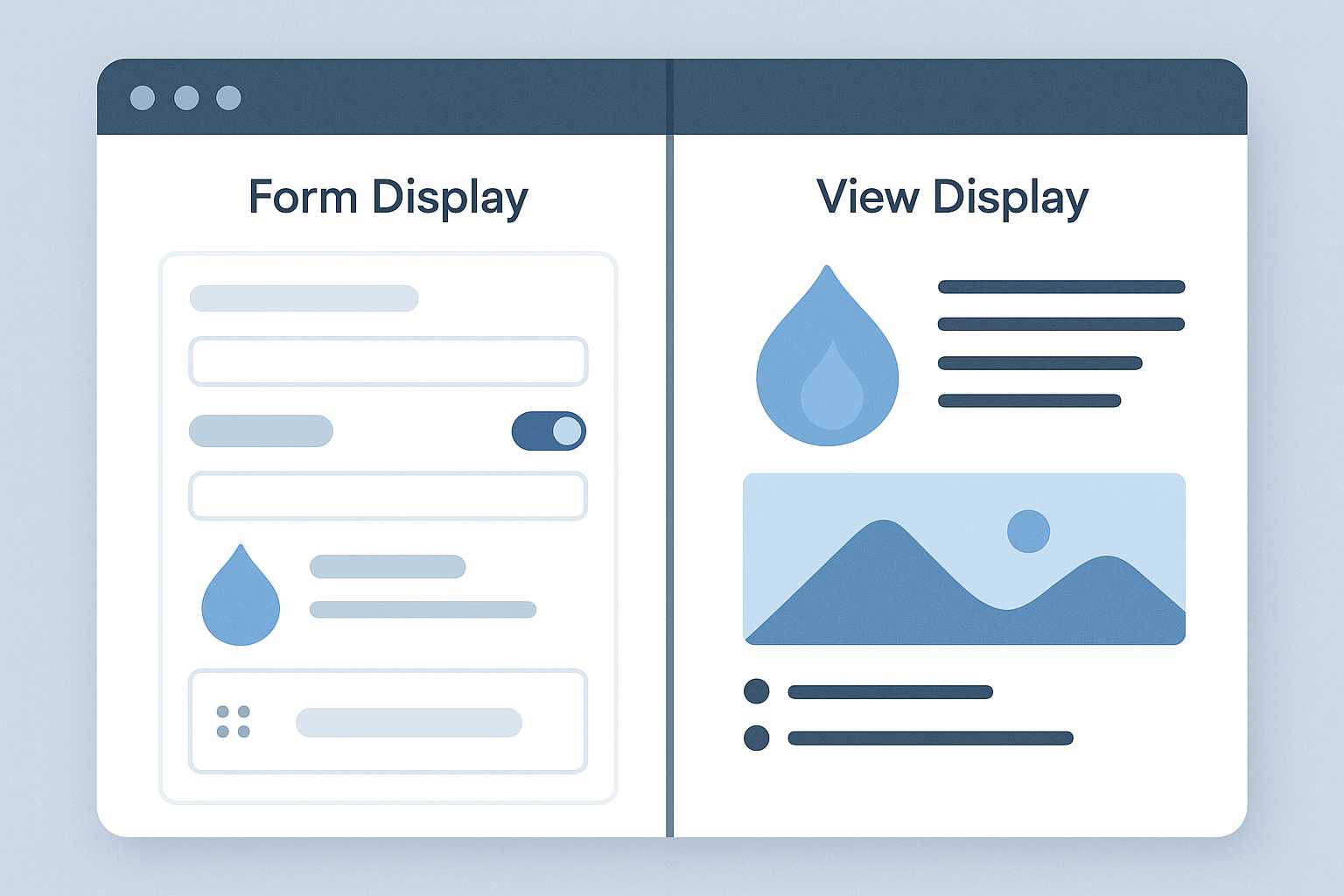
Mastering Drupal’s Field Display: A Guide to Form Display and View Display Configurations
One of Drupal’s most powerful features is its fieldable content architecture. But even experienced site builders can get tripped up by the differences and interplay between "Form display" and "View display" settings for content types, users, and other entities. In this article, I’ll explain what these display concepts mean, why mastering them is essential, and…
-
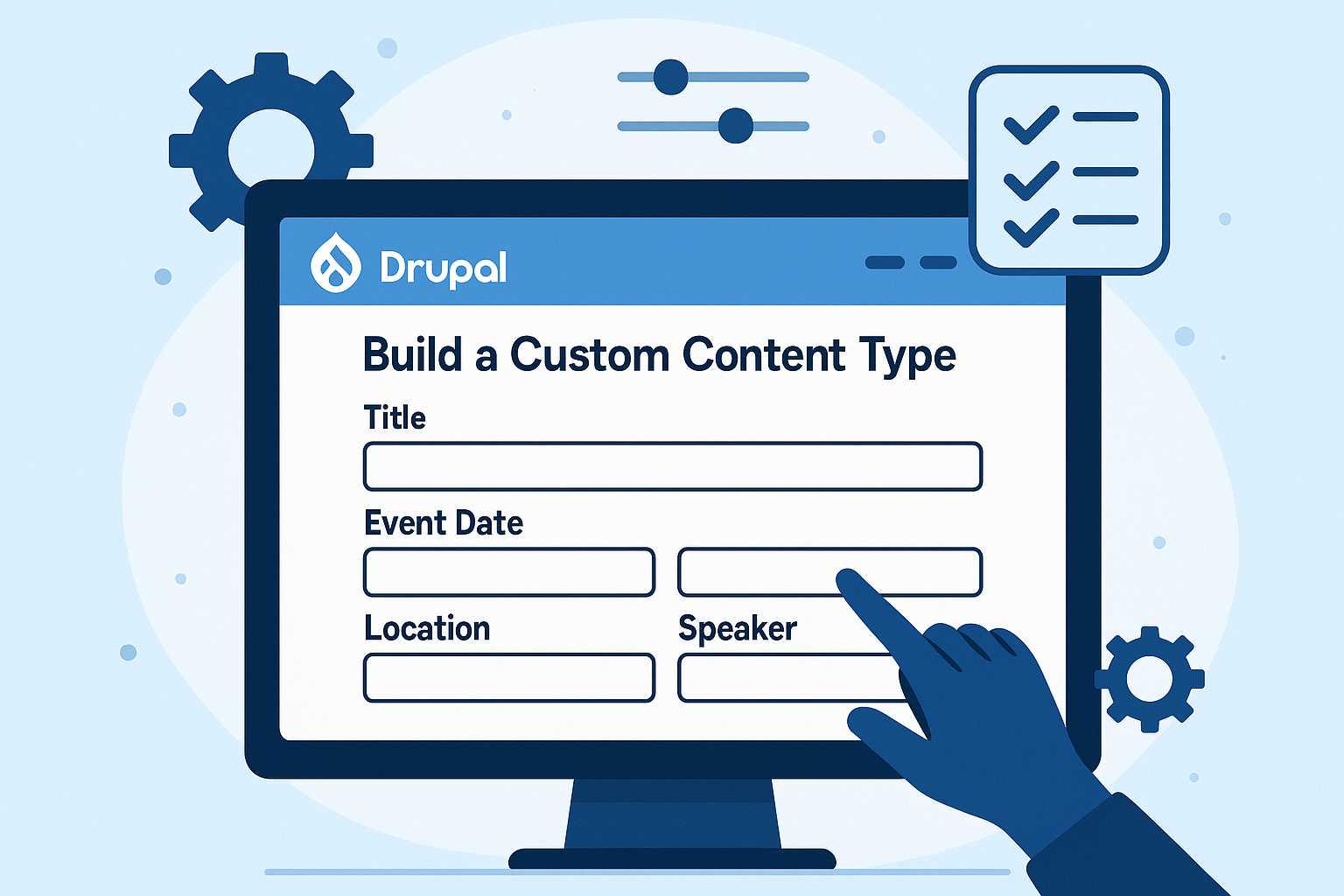
Creating a Custom Drupal Content Type: A Step-By-Step Guide
If you’re looking to extend your Drupal site’s functionality, one of the best ways is by creating custom content types. Content types let you define structured data and custom fields for unique kinds of content, like "Events," "Products," or "Testimonials." In this guide, I’ll walk you through the process, share some tips, and highlight best…
-
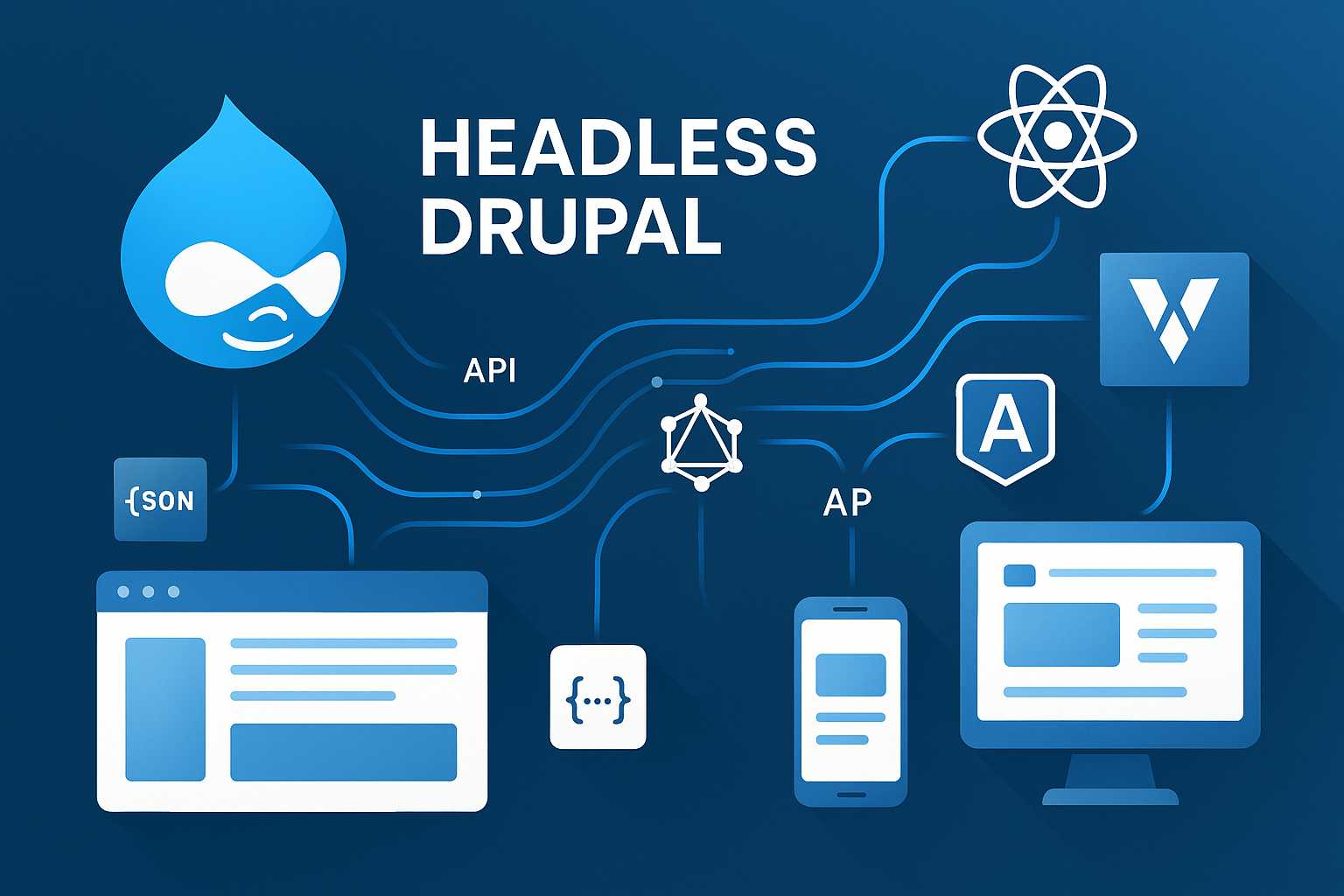
Harnessing the Power of Headless Drupal: Technical Insights and Advantages
As digital experiences diversify, web developers are increasingly reaching for headless content management systems (CMS) to fuel their applications. Among the available platforms, Drupal stands out as a robust, flexible, and API-rich solution for powering headless architecture. In this article, we’ll dive into the technical aspects of working with Drupal’s APIs and examine the advantages…
-

Unlocking the Power of Drupal Paragraphs: Flexible Content Layouts for Editors
Drupal empowers site builders and editors with an impressive set of tools for content management, but one module stands out when it comes to creating flexible and reusable content layouts: Paragraphs. Whether you’re building complex landing pages or simply want to make life easier for your content editors, Paragraphs can be a game-changer. In today’s…
-
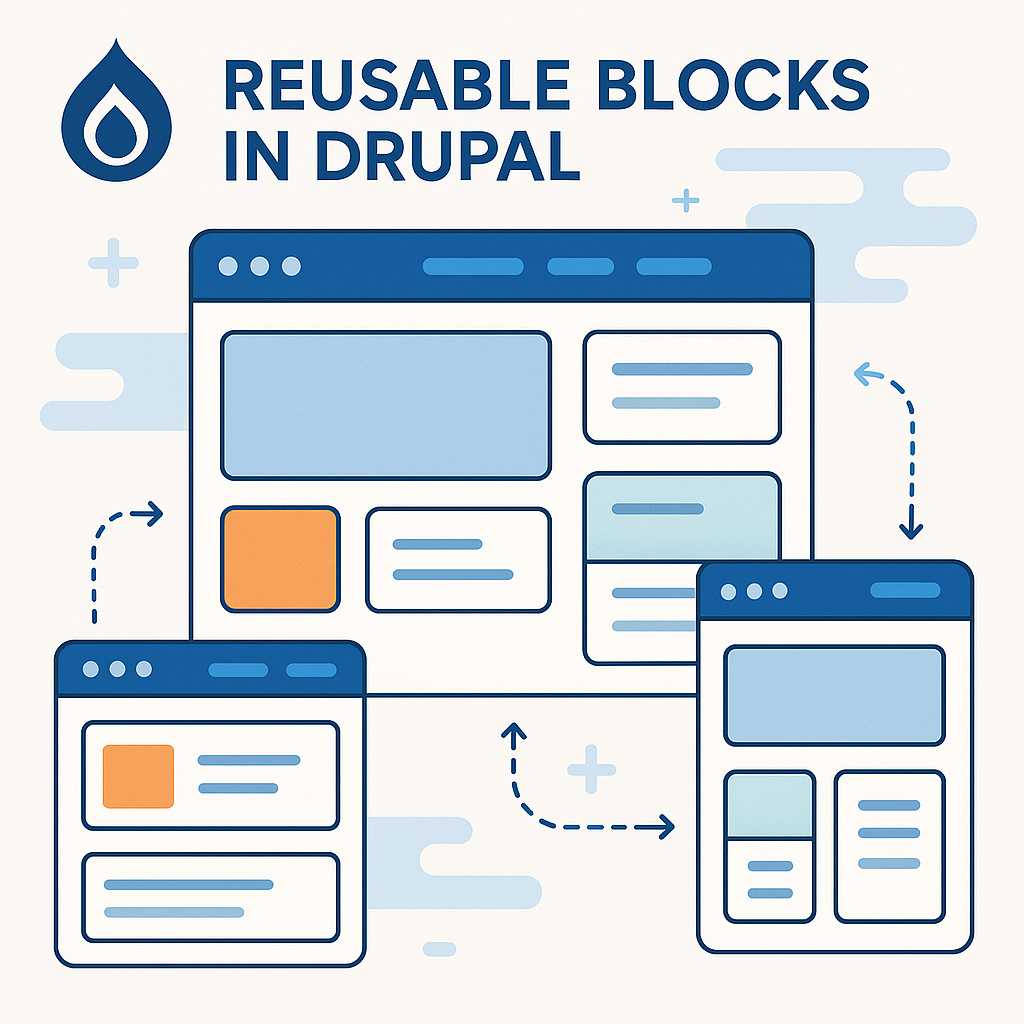
Making the Most of Reusable Blocks in Drupal
Drupal’s flexibility is legendary, and one of its most powerful—yet sometimes overlooked—features is the system for reusable blocks. Blocks are a great way to display small pieces of content or functionality across different pages, but if you’re still creating custom blocks for every use case, you might be missing out on some real efficiencies. Here’s…
-
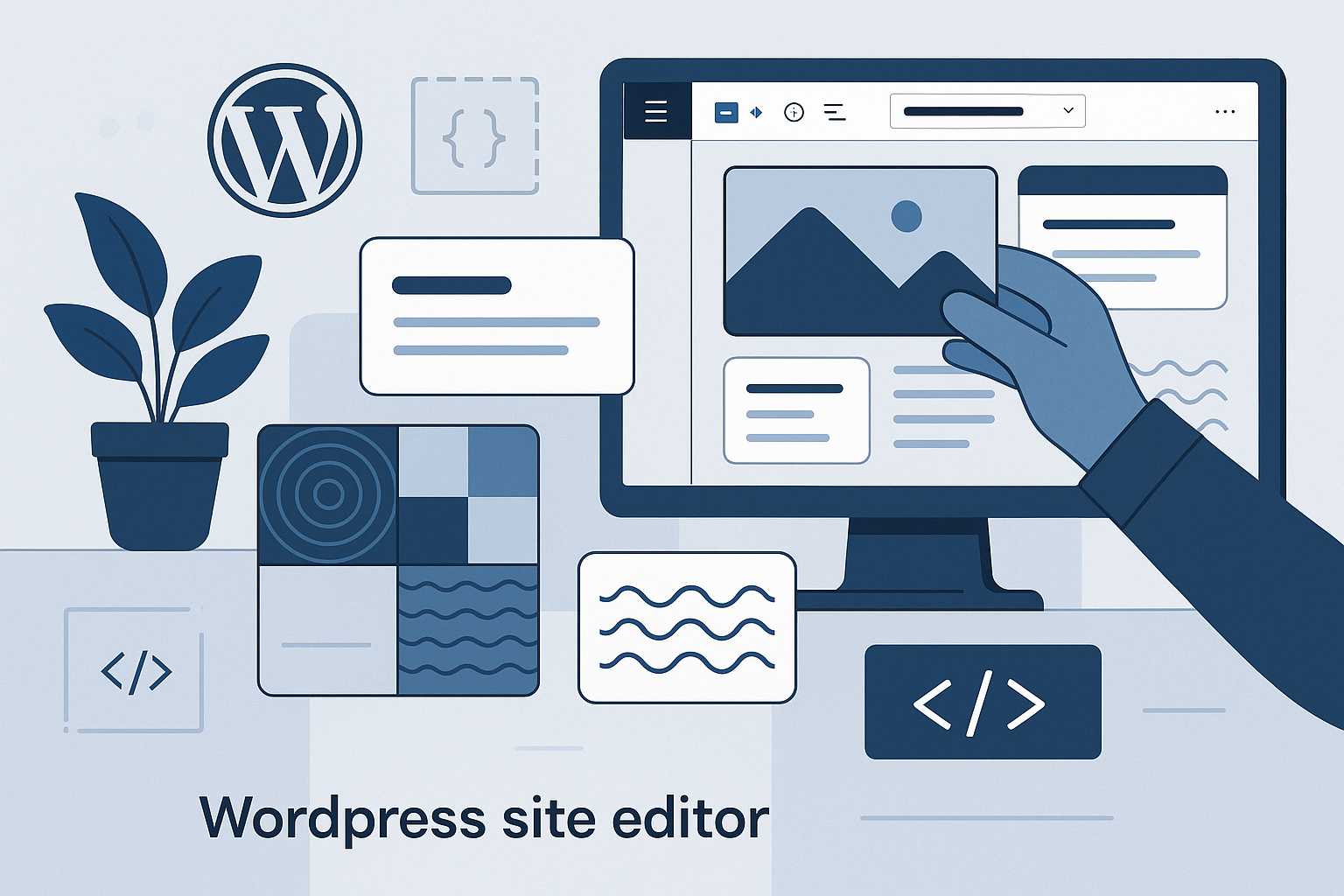
Implementing Reusable Patterns with WordPress Block Themes
With the advent of WordPress block themes and the site editor, the way we design and develop websites has fundamentally changed. As a WordPress developer, I’ve found that one of the most impactful features of block themes is the ability to create, manage, and reuse design patterns—modular sets of blocks that solve common layout and…
-
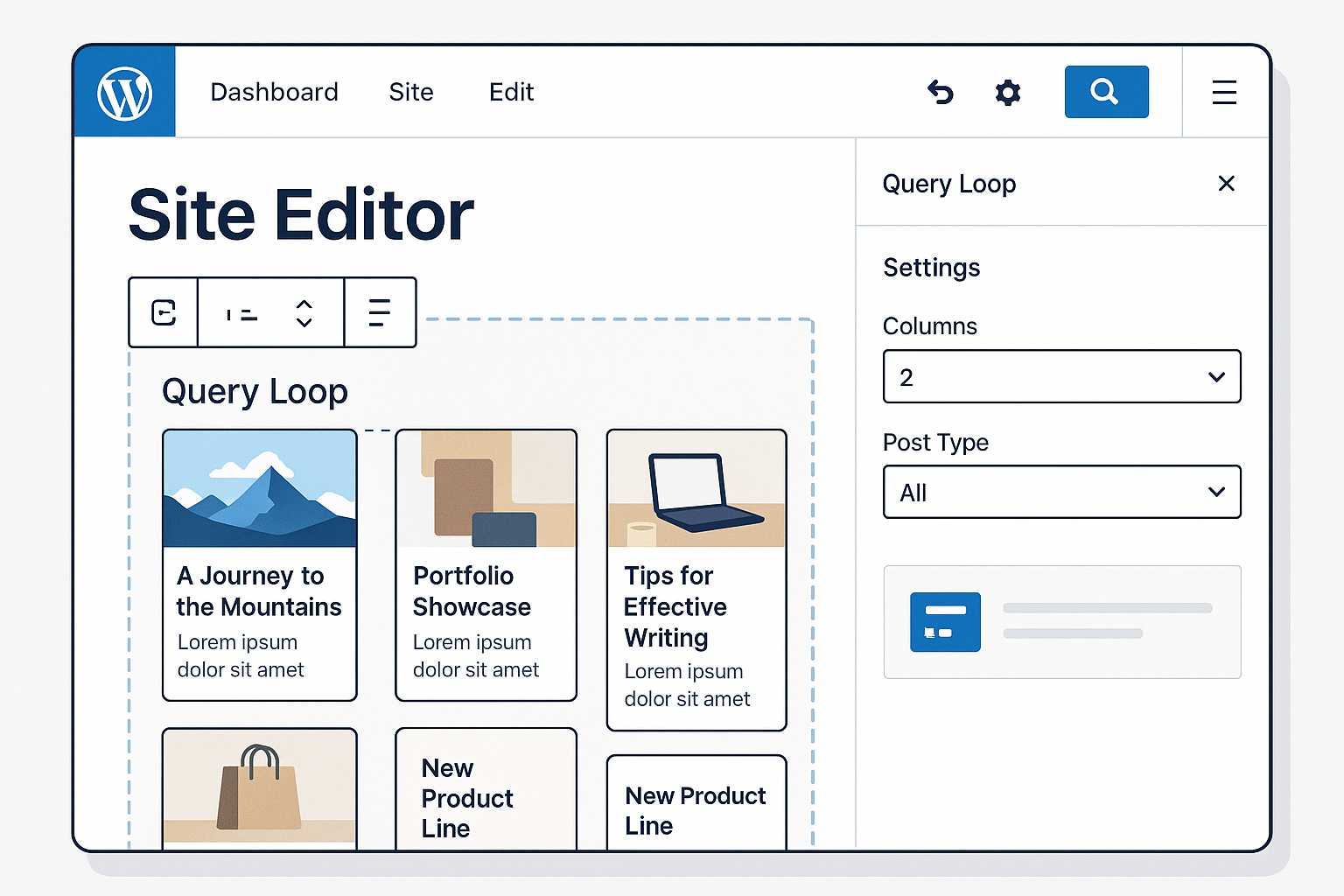
Leveraging Query Loops in WordPress Block Themes for Dynamic Content Display
Query Loops are a cornerstone feature in block themes, allowing site creators and developers to dynamically display posts, pages, or custom content directly within the WordPress Site Editor. As more sites migrate toward block-based architectures, understanding how to harness Query Loops has never been more critical for enriching content presentation and improving user engagement. In…
-
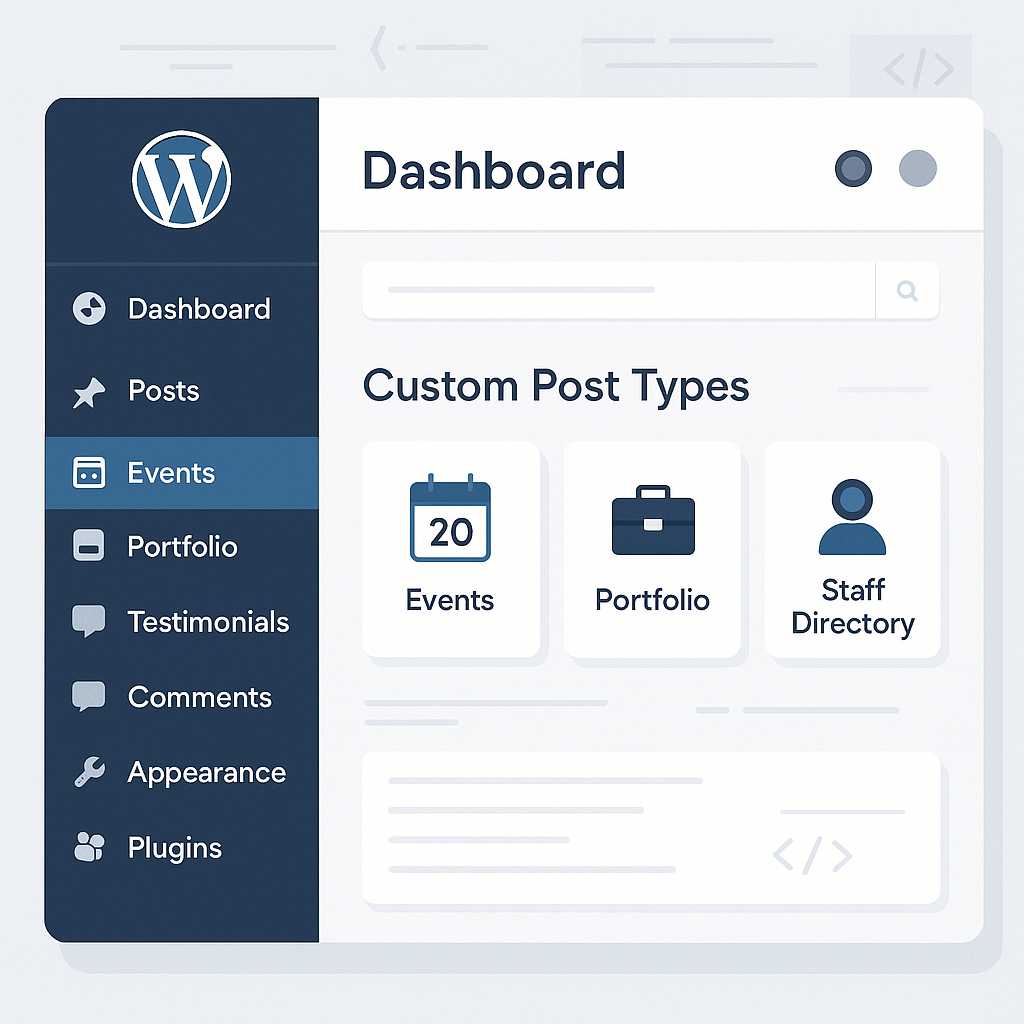
Streamlining Content Workflows with WordPress Custom Post Types
As a web developer specializing in WordPress, one question I encounter often from content teams and site administrators is, "How can we better manage and organize different types of content on our WordPress site?" While posts and pages form the backbone of most WordPress installs, the platform’s real power emerges when you harness Custom Post…
